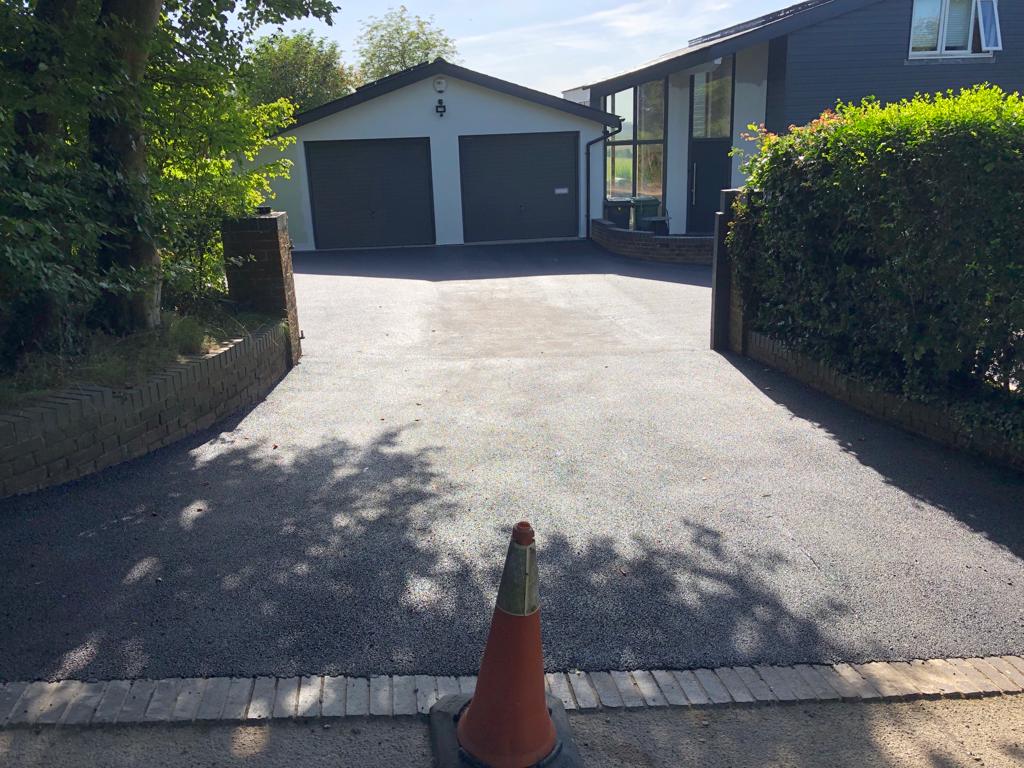When it comes to the durability of asphalt and bitumen roads, surface materials alone aren’t enough to guarantee long-term performance. One of the most critical factors influencing how long these roads last is the quality of grading underneath. At Gympie Surfacing Solutions in Gympie, QLD, we know that strong road foundations start with professional grading.
Understanding how grading influences road lifespan can help developers, councils, and private property owners make informed decisions before any surfacing begins.
The Role of Grading in Road Construction
Grading is the process of shaping and levelling the ground to create a stable, even base for surfacing. This base is responsible for supporting everything above it — from the asphalt or bitumen to the weight of heavy traffic.
Without proper grading, no amount of quality surfacing material will prevent future problems like cracking, rutting, or subsidence.
Why Grading Quality Impacts Road Longevity
Surface Water Management
Water is one of the biggest threats to road longevity. Poor grading causes water to pool or seep into the sub-base, which weakens the underlying structure. Over time, this leads to potholes, cracks, and base failures.
Correct grading creates natural fall and run-off paths, directing water away from the surface and extending the road’s lifespan.
Even Load Distribution
Grading ensures the subgrade and base layers are consistent and stable, which allows the road surface to handle traffic loads evenly. Without this, pressure from vehicles can concentrate on weak spots, accelerating wear and damage.
Stronger Bonding Between Layers
A well-graded surface creates a consistent substrate for bitumen or asphalt layers to bond to. Uneven ground can lead to poor adhesion, increasing the likelihood of delamination and premature failure.
Efficient Compaction
Graded surfaces allow for proper compaction of road base and sub-base materials. Without compact, well-graded layers, the surface will settle unevenly and create issues that compromise both safety and durability.
What Happens When Grading Is Done Poorly
Some of the signs that grading was inadequate during road construction include:
- Water pooling in specific areas after rain
- Early appearance of cracks or dips
- Edge breakdown along kerbs or road shoulders
- Frequent need for patching or resurfacing
Each of these issues reduces the service life of the road and increases maintenance costs over time.
The Cost of Cutting Corners on Grading
While it may be tempting to rush through the grading stage to save time or budget, the long-term consequences often outweigh the short-term gains. Roads that are poorly graded require more frequent repairs, offer lower performance, and can become safety hazards much sooner than those constructed with proper groundwork.
The Gympie Surfacing Solutions Approach
At Gympie Surfacing Solutions in Gympie, QLD, grading is never an afterthought — it’s the foundation of our service. We take the time to prepare each project with precision, ensuring the surface layers are supported by a strong, stable, and well-drained base.
Conclusion
Grading isn’t just a preliminary step — it’s a critical factor in determining how well and how long your asphalt or bitumen road will perform. Investing in proper grading upfront is the most effective way to increase the lifespan of your surfacing and reduce future repair costs.
If you’re planning a new road, car park, driveway, or any bitumen surface, trust Gympie Surfacing Solutions in Gympie, QLD to provide the groundwork that sets your project up for long-term success. Reach out today to learn how we can help extend the life of your surface from the ground up.
Call us on: 07 4158 7474
Click here to find out more about Gympie Surfacing Solutions
Click here to complete our contact form and see how we can help with your surfacing needs.

